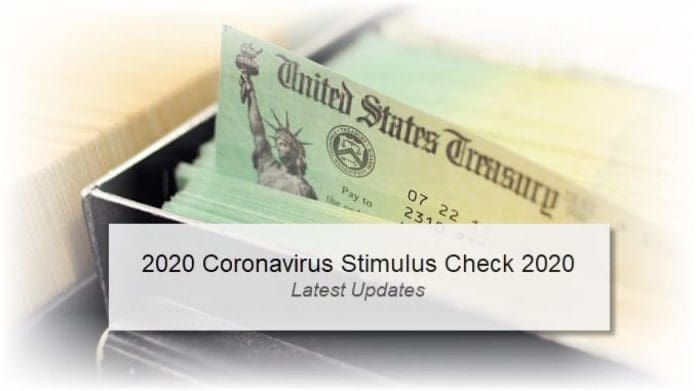The stimulus check program was a remarkable success both during and after the epidemic and contributed to the economy’s derailment. According to experts, the stimulus has had a favorable and considerable impact on growth, employment, and the reduction of poverty. The same cannot be said for a tax rebate because of the more complicated nature of its resolution.
The check’s ability to benefit all facets of society and to quickly get money into the hands of those who needed it were its two biggest advantages. It also has the benefit of preventing excessively high secondary expenses associated with money delivery because it mostly avoids red tape and bureaucracy.
Stimulus Checks Continue
And this success was particularly clear with the three federal stimulus checks issued between March 2020 and March 2021 in the wake of the pandemic. Payments had a positive economic impact since they stopped widespread payment defaults and famine.
Four-person households might get up to $12,000 over a year. Additionally, it wasn’t only the stimulus checks. Americans were kept afloat through 2021 and even into the initial quarter of 2022 thanks to the extension of the weekly unemployed stimulus checks through the third quarter of 2021 and the increase in the amount of the Child Tax Credit stimulus checks.
The federal stimulus checks, followed by the state checks in 2022, were successful in achieving their goal of assisting eligible people amid the post-pandemic economic slowdown and the high inflation that persisted through 2022. The federal government’s stimulus checks stimulated spending on the one hand, especially among those with low and moderate incomes, but they also raised sales for retailers and manufacturers. Its goal of raising consumer spending was achieved. improving sales for manufacturers and merchants alike.
Everyone was not eligible for a stimulus check. For each direct payment that was issued, the government established a variety of eligibility standards. A cap on the Adjusted Gross Income as reported by tax filers in the prior year was one of the fundamental prerequisites. Such claimants cannot be dependents on anybody else’s income tax returns and must be U.S. citizens or legal permanent residents.
That means that individual filers who had AGI above a particular threshold were ineligible. Married couples filing jointly or individually, heads of families, widows, and widowers were all subject to the same rule.






